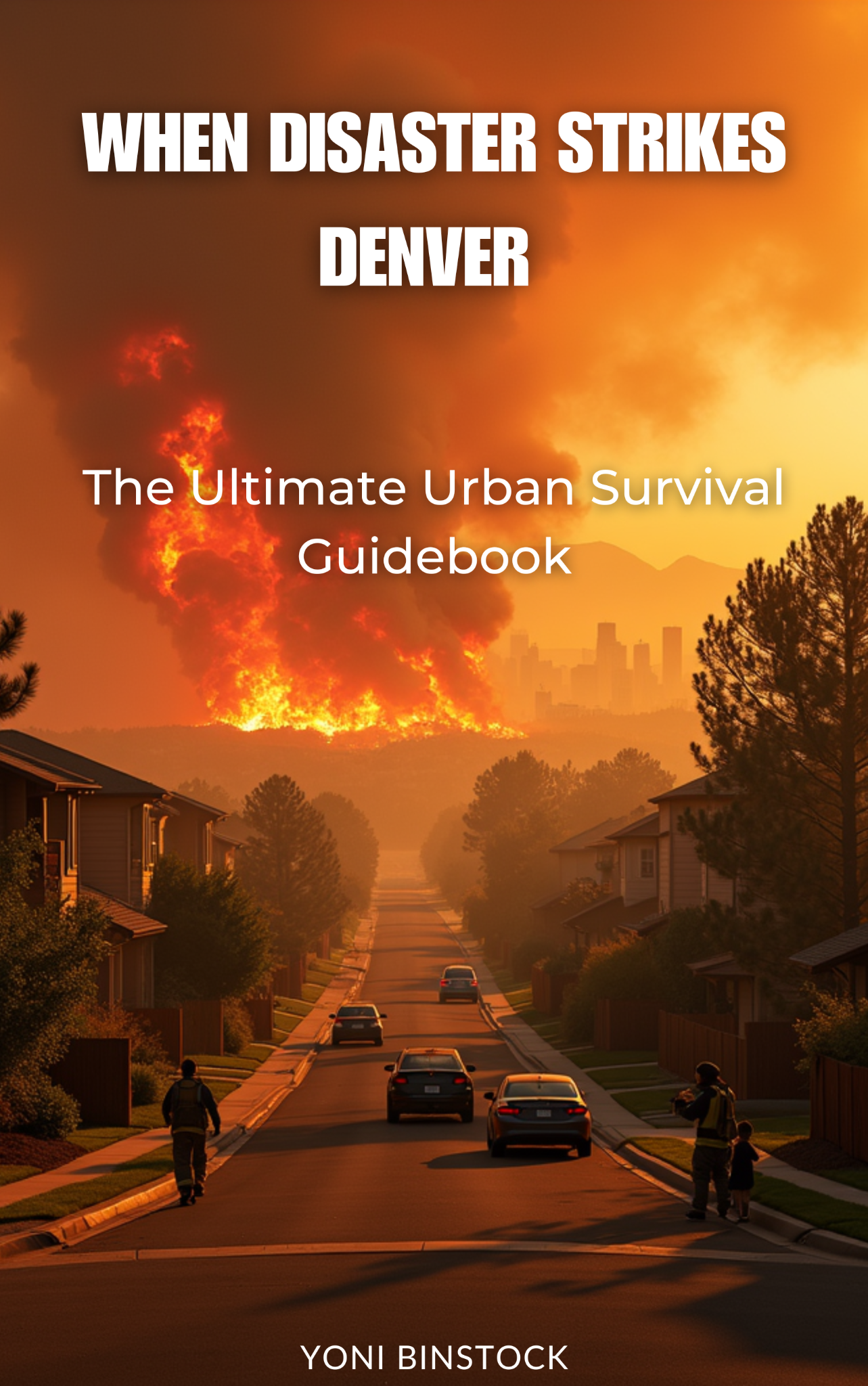Urban Survival Guide: How to Prepare for Emergencies in Denver
Published on January 21, 2025
Denver, the Mile High City, faces unique challenges when it comes to urban survival and emergency preparedness. From severe winter storms and flash floods to wildfires and high-altitude-related emergencies, having a comprehensive disaster survival handbook is crucial for every Denver resident.
Why Emergency Preparedness Matters in Denver
Living in Denver means being ready for a variety of natural disasters and urban challenges. This urban survival guide serves as your essential resource for city prepping, offering apartment survival tips and strategies for self-sufficiency in Denver's dynamic urban environment.
Essential Components of Your Denver Emergency Kit
- Water (one gallon per person per day for at least three days)
- Non-perishable food
- Battery-powered or hand-crank radio
- Flashlight and extra batteries
- First aid kit
- Whistle to signal for help
- Warm clothing and blankets
- Snow shovel and ice melt
- N95 masks for wildfire smoke
- Sunscreen and sunglasses
- Important documents in a waterproof container
- Cash and change
Creating a Family Emergency Communication Plan
In a city with diverse terrain and potential for weather-related isolation, having a solid communication plan is essential. Establish out-of-area contacts, decide on meeting places, and ensure all family members know emergency contact numbers by heart.
Navigating Denver During a Crisis
Understanding evacuation routes, knowing your neighborhood's risk profile, and being aware of local emergency shelters can make a significant difference in how you respond to a disaster. Familiarize yourself with the city's emergency management resources and stay informed about potential threats.
Winter Storm Preparedness for Denverites
Denver's winters can bring severe snowstorms. Learn how to prepare your home or apartment for blizzards, create an emergency heating plan, and safely navigate the city during winter weather events.
Wildfire Awareness and Air Quality Management
With increasing wildfire risks in Colorado, Denver residents need to be prepared for potential evacuations and poor air quality events. Understand how to create a defensible space around your property and manage indoor air quality during smoke events.
High-Altitude Health Considerations
Denver's high altitude can exacerbate certain health conditions and affect visitors. Learn about altitude sickness prevention and treatment, and how to help others acclimate safely to the city's elevation.
Conclusion
Being prepared for emergencies in Denver requires a combination of knowledge, planning, and the right resources. This urban survival guide aims to empower you with the tools needed to face potential disasters with confidence and resilience in the Mile High City.
Sign Up for More Preparedness Tips
Stay informed with regular updates, tips, and exclusive content tailored for Denver residents:
